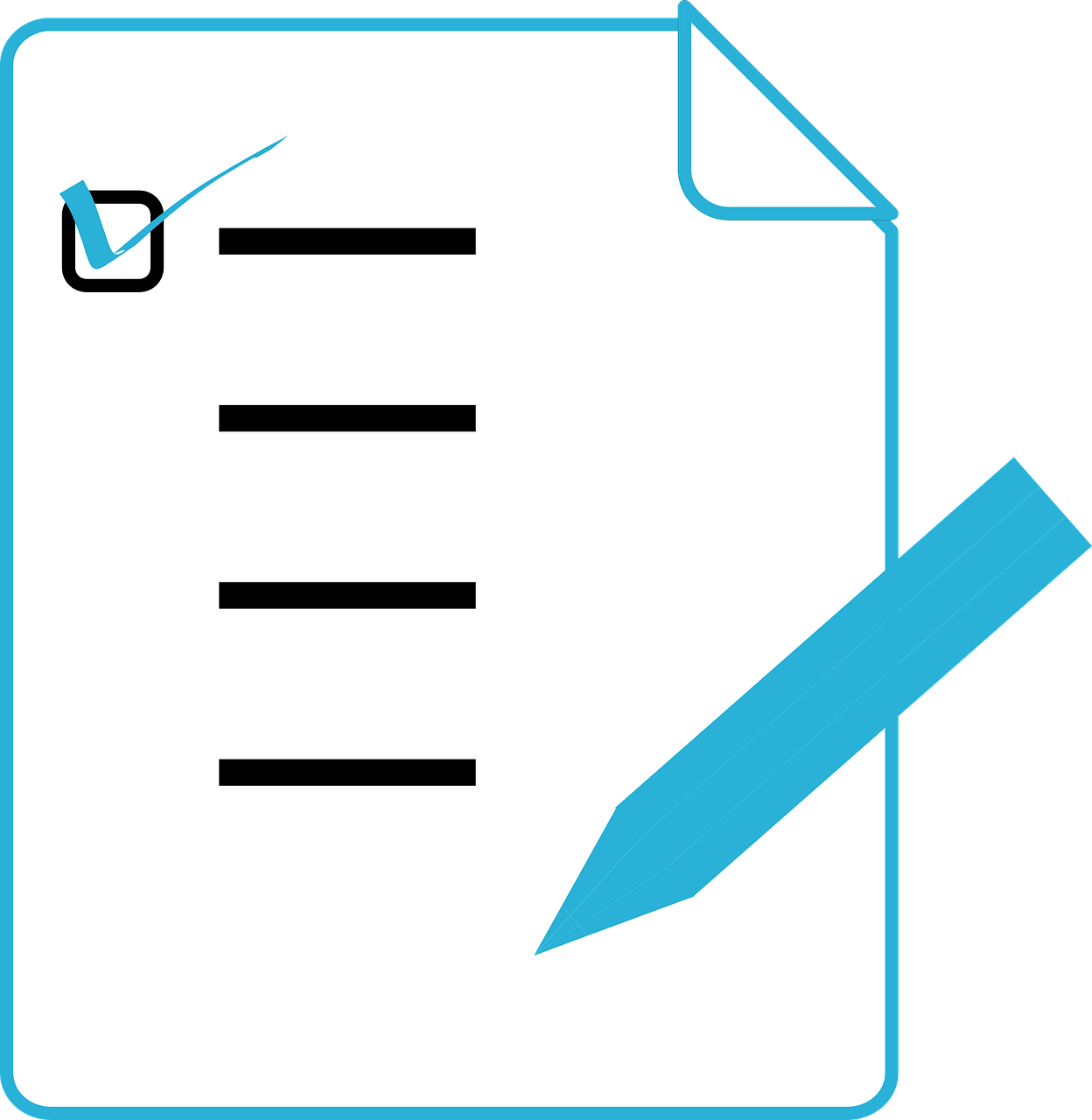
Clker-Free-Vector-Images / Pixabay
As I always do at the end of a semester and a school year, students do anonymous evaluations of our classes and me.
I’ve previously posted:
Here Are The Questions I’m Having ELL Newcomer Students Answer In An End-Of-Year Class Evaluation
The Results Are In! Here Is How My ELL Newcomer Students Evaluated Our Distance Learning Class
Here Are The Questions I’m Having Students Answer In My End-Of-Distance-Learning Evaluation
Most of the students in my three IB Theory of Knowledge classes have completed their evaluations of our classes.
Unlike the one for my newcomer class, it was mostly narrative, so I can’t publish a series of cool looking bar graphs or pie charts illustrating the results.
They were uniformly positive, and I don’t need to publish a post saying how wonderful a teacher I am 🙂
However, do want to highlight a few that are indicative of many:
I think Mr. Ferlazzo did a great job at telling us not to stress about the assignments getting done on time but also encourage us to try our best to get it done.
Mr. Ferlazzo made me feel important and made me feel like he cared for me, my family, and my classmates.
One thing that Mr. Ferlazzo did that helped me feel supported was taking my current situation into consideration and making my feelings valid.
He gave me time, he had patience & understood that things come up in life that are out of your control & he gave me time which really helped me out
Mr. Ferlazzo answered my questions and concerns as quick as he could. The longest he has taken to answer was about an hour. Also, he would post updates about quarantine and would always want to know if his students are okay, and if not, he would ask and let them know that he was there if they needed anything.
He would talk to you make you feel heard and know that he will be there for you if you needed anything
The reason I highlight these comments is because I think they reflect a broader lesson about teaching – and community organizing.
When I was a community organizer in my previous career (for nineteen years), we didn’t organize for better child care, or more affordable housing, or increased neighborhood safety. We focused on developing relationships (both between us and community residents and between residents themselves) and helping people learn and develop their own leadership skills. We then consciously used campaigns for those kinds of neighborhood improvements as opportunities to identify and mentor leaders. Because of that focus, we were much more effective at getting child care, housing and safety than most groups who were specifically formed to fight for those issues. It was the emphasis on human development and relationships, and not the “task” of the issue, that made us more successful.
Similarly, in this shift to remote teaching, it’s clear to me in conversations locally and nationally that – more often than not – the teachers who were most effective in helping students work and learn were the teachers who were most focused on the social and emotional health of their students. Granted, my students were probably fairly motivated to begin with, but I think I had a pretty high participation even for that population.
Leading with “love,” instead of leading with “lessons,” is, I think, the successful formula that leads to more effective lessons and more learning.
I believe that holds true in the physical classroom and in the remote one, whether or not we are in the midst of a crisis – or two.
And, yes, there are obviously exceptions to everything. But I just don’t think we can go wrong by emphasizing “love.”
I’m adding this post to Best Posts On Students Evaluating Classes (And Teachers)



Recent Comments